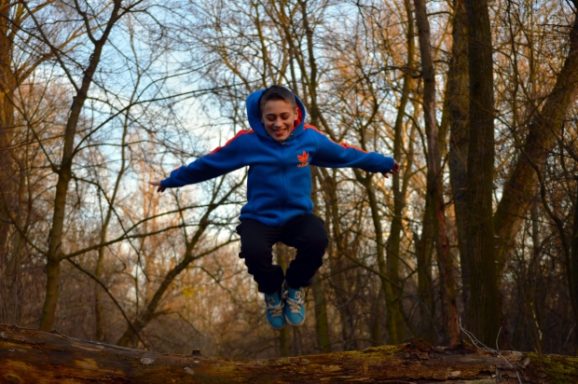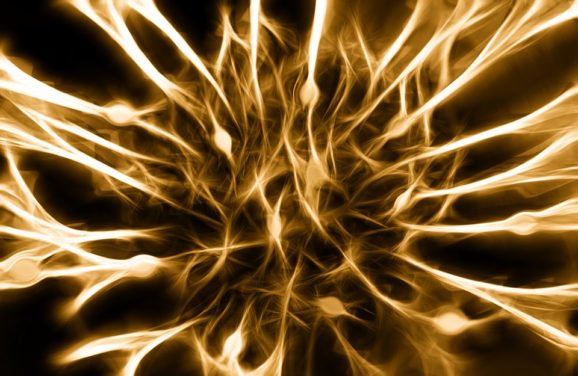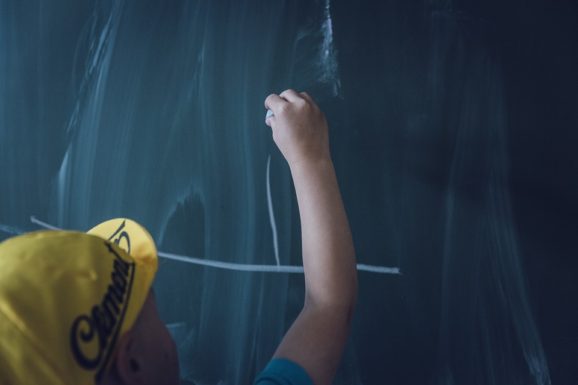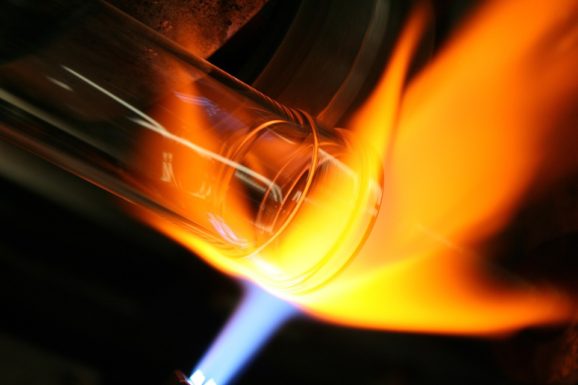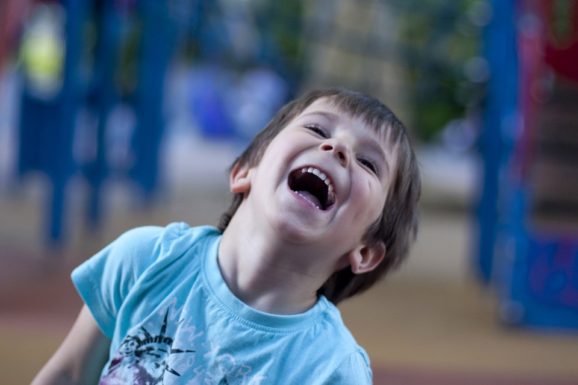When students move while learning, they put information in procedural or muscle memory. Procedural memory is one of the strongest memory systems in the brain and the reason that one seldom forgets how to drive a car, ride a bicycle, play the piano, type on a keyboard, tie one’s shoes, or brush one’s teeth. Continue Reading…
IVAN CAPP: Interjection, Verb, Adjective, Noun, Conjunction, Adverb, Pronoun, Preposition (Language arts)
HONC if you’re alive! Hydrogen, Oxygen, Nitrogen, Carbon (Science) Continue Reading…
I was teaching the story When Charlie McButton Lost Power to a third-grade class in Mesquite, Texas. The curricular objective was for students to recognize the main idea and supporting details in narrative text. I used a simile as an instructional tool. Continue Reading…
The use of the hands and brain activity are so complicated and interconnected that no one theory explains it. I can’t explain it either! I just know that some students need to have their hands involved before their brains can understand.
“Did you hear about the mathematician who’s afraid of negative numbers? He’ll stop at nothing to avoid them.”
If the math pun above made you laugh or even smile a little, it put your brain in a more positive state. Research tells us that jokes, riddles, celebrations, and other forms of positive interaction not only create a positive learning environment but may also facilitate learning itself. Continue Reading…
